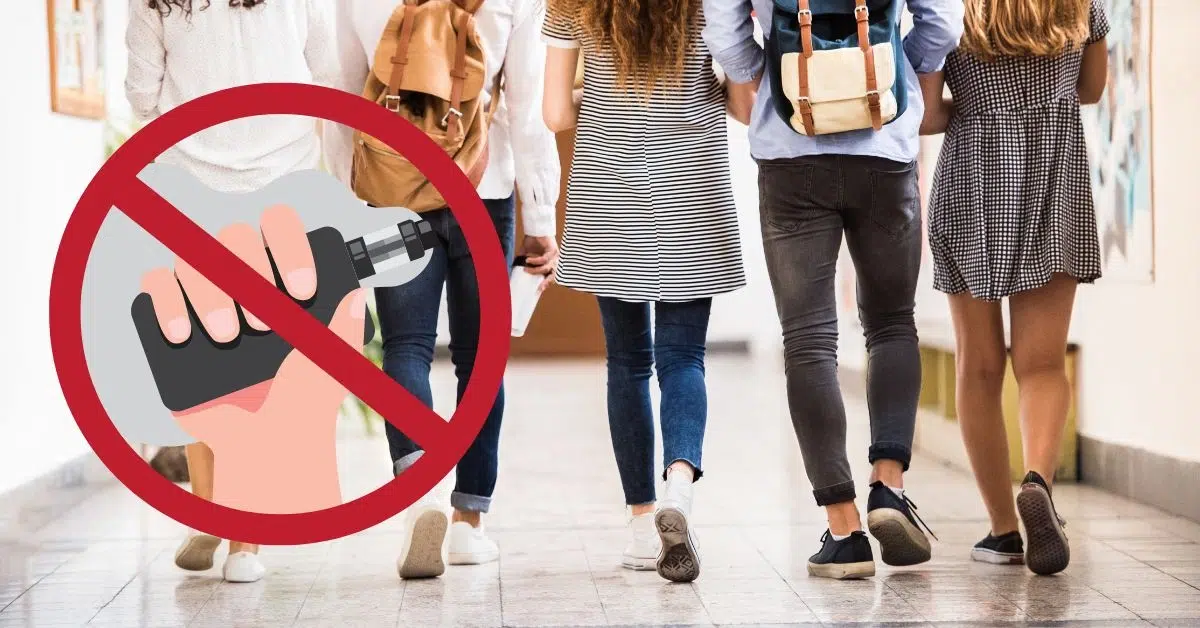A recent law in North Texas has sparked controversy and debate as hundreds of students are being sent to discipline schools for vaping incidents. The legislation, which came into effect in September 2023, mandates that students caught with e-cigarettes on campus or within 300 feet of a school must be sent to discipline alternative education programs (DAEP).
In the first four months of the law’s implementation, Dallas ISD and Fort Worth ISD reported a significant number of students—238 and 219, respectively—sent to discipline schools for vaping, including elementary school students. However, the law does not specify the duration of the students’ stay in the DAEP program, leading to concerns about its zero-tolerance approach.
The bill’s sponsor, Rep. Ed Thompson, has expressed a need to revisit the legislation, noting that its original intent was to provide districts with flexibility in disciplining students caught with marijuana. However, a last-minute amendment altered the proposal, resulting in unintended consequences for vaping students.
Critics of the law, including the American Lung Association, argue that it fails to address the root causes of youth vaping and addiction. They caution against the zero-tolerance policy, which they believe unnecessarily exposes students to more dangerous behaviors in discipline schools.
Despite opposition, the law has been enforced rigorously, with districts like Dallas ISD implementing substance abuse intervention programs for students caught vaping. Fort Worth ISD, on the other hand, enforces a one-day on-campus DAEP program for first-time offenders.
The Texas Education Agency defines DAEPs as alternative education settings for students temporarily removed from their regular instructional settings for disciplinary purposes. Some districts have sought exemptions or amendments to create their own e-cigarette policies, emphasizing the need to address vaping as a community-wide issue.
Houston ISD reports that over 100 districts have requested exemptions from the law, while others, like Denton ISD, have amended their District of Innovation plans to develop tailored approaches to tackling youth vaping. Despite these efforts, the law remains in effect for districts that have not sought exemptions.
Advocates like Charlie Gagen of the American Lung Association stress the importance of focusing on tobacco retailers and manufacturers to combat youth vaping effectively. However, they acknowledge the severity of the issue and the need for comprehensive action to address it.
Read More News:
- AG Georgia A Multi-State Legal Challenge to Biden’s Student Loan Relief Plan Spearheaded by Chris Carr
- Donald Trump Mounts Legal Challenge Against Judge McAfee’s Ruling
- Investigation by Woodstock Police and Postal Inspectors into an Attempted Burglary at a Key Postal Facility
As the debate surrounding the law continues, public records reveal the significant impact on students, with elementary, middle, and high schoolers being sent to DAEP programs or facing suspension for vaping incidents. The enforcement of the law raises questions about its effectiveness in addressing youth vaping while highlighting the challenges faced by schools in navigating its implementation.

